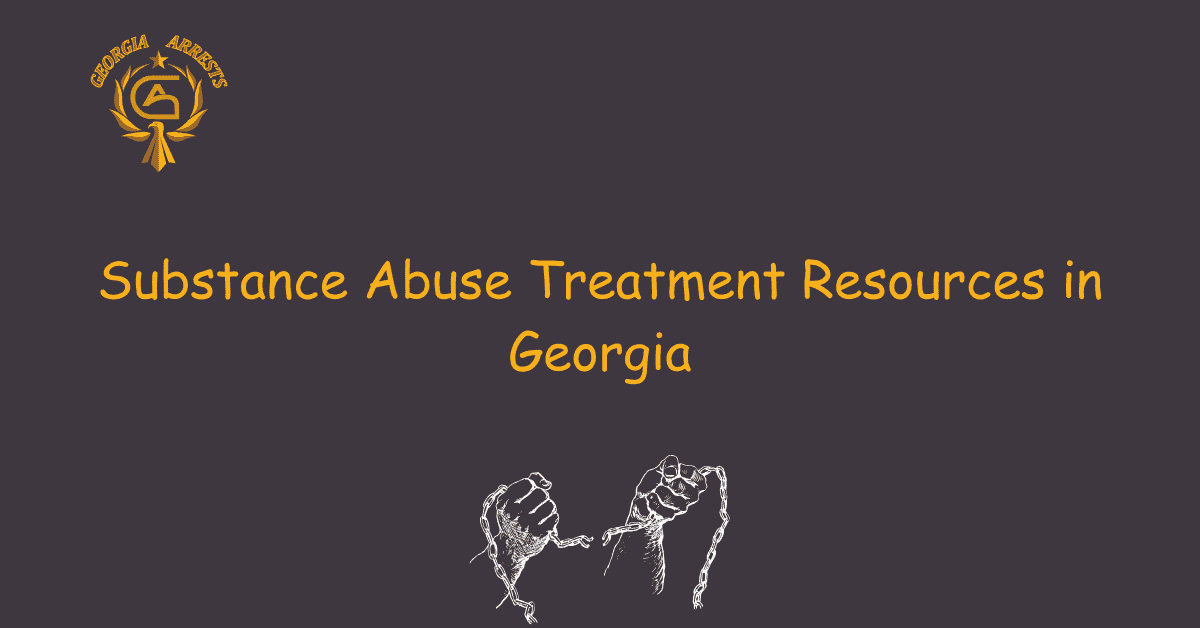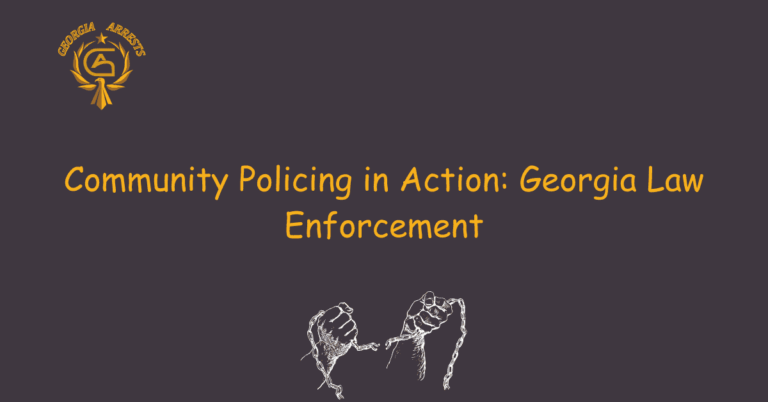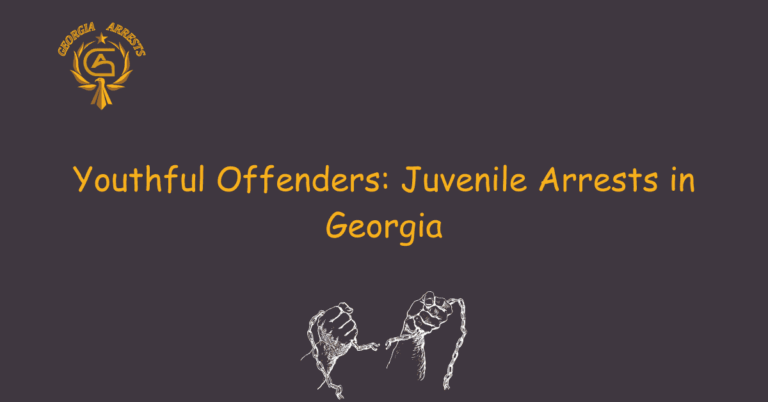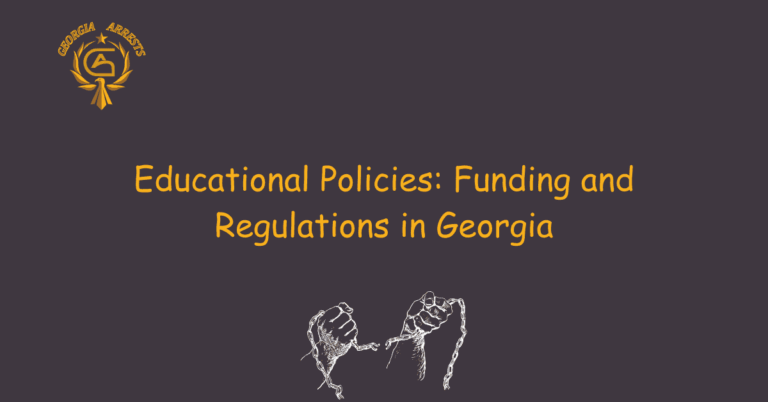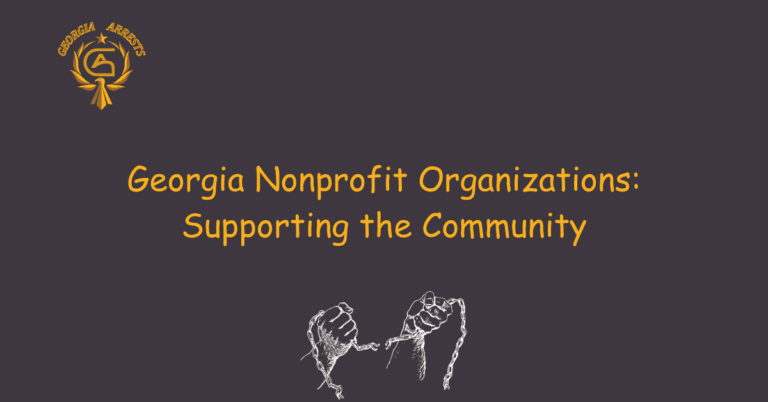Substance Abuse Treatment Resources in Georgia
Substance abuse is a serious issue that affects individuals and communities across Georgia. It is important for those struggling with addiction to have access to the resources they need to overcome their challenges and lead healthier, happier lives. Fortunately, there are numerous treatment options available in Georgia to support individuals on their journey to recovery.
From detoxification programs to residential treatment centers, Georgia offers a range of substance abuse treatment resources. These programs provide a safe and supportive environment for individuals to address the underlying causes of their addiction and develop the necessary skills to maintain sobriety. Whether someone is seeking outpatient counseling or inpatient rehabilitation, there are options available to meet their unique needs and circumstances.
Detoxification Programs
Detoxification programs are the first step in substance abuse treatment. These programs focus on removing harmful substances from the body and helping individuals safely manage withdrawal symptoms. Under the supervision of medical professionals, detoxification programs provide a supportive environment for individuals to begin their recovery journey.
Residential Treatment Centers
Residential treatment centers offer a structured and immersive environment for individuals seeking intensive substance abuse treatment. These centers provide 24/7 care and support, allowing individuals to focus solely on their recovery. Through a combination of therapy, counseling, and activities, residential treatment centers help individuals develop the skills necessary to maintain sobriety in the long term.
Outpatient Counseling
Outpatient counseling is a flexible treatment option that allows individuals to receive therapy and support while maintaining their daily routines. It is an ideal choice for those who have completed a residential program or for individuals with less severe substance abuse issues. Outpatient counseling provides ongoing support and guidance as individuals navigate their recovery journey.
Inpatient Rehabilitation
Inpatient rehabilitation programs offer a higher level of care for individuals with severe substance abuse issues. These programs provide a highly structured environment where individuals receive intensive therapy and support. Inpatient rehabilitation programs focus on addressing the underlying causes of addiction and equipping individuals with the necessary tools to achieve and maintain sobriety.
Support Groups
Support groups play a crucial role in the recovery process. These groups provide a safe and non-judgmental space for individuals to share their experiences, receive support, and learn from others who have gone through similar challenges. Support groups can be an integral part of an individual’s ongoing recovery, offering a sense of community and accountability.
FAQs
What are some substance abuse treatment resources in Georgia?
Georgia offers a wide range of substance abuse treatment resources, including outpatient treatment programs, residential treatment centers, and detoxification facilities. Some notable options include the Georgia Department of Behavioral Health and Developmental Disabilities, which provides a comprehensive directory of treatment providers in the state. Additionally, organizations like the Georgia Council on Substance Abuse and the Georgia Association of Recovery Residences offer resources and support for individuals seeking treatment.
How can I find a substance abuse treatment center in Georgia?
To find a substance abuse treatment center in Georgia, you can start by contacting the Georgia Crisis and Access Line, which provides 24/7 assistance and referrals for mental health and substance abuse services. You can also consult the Georgia Department of Behavioral Health and Developmental Disabilities’ directory of treatment providers or reach out to local organizations and support groups for recommendations. It’s important to consider factors such as location, treatment approaches, and available services when choosing a center.
What types of treatment programs are available in Georgia?
Georgia offers a variety of treatment programs for substance abuse, including outpatient programs, residential treatment centers, and intensive outpatient programs. Outpatient programs allow individuals to receive treatment while living at home, while residential treatment centers provide a more structured and immersive environment. Intensive outpatient programs offer a combination of individual and group therapy sessions. The type of program that is most suitable depends on the individual’s specific needs and circumstances.
Do substance abuse treatment programs in Georgia accept insurance?
Many substance abuse treatment programs in Georgia accept insurance, including private insurance plans and Medicaid. However, it’s important to check with the specific treatment center or provider to confirm their accepted insurance plans. Additionally, some centers offer sliding scale fees or financial assistance for individuals who may not have insurance or are unable to afford the full cost of treatment.
Are there specialized substance abuse treatment programs in Georgia?
Yes, Georgia offers specialized substance abuse treatment programs to cater to different populations and specific needs. These may include programs for adolescents, women, veterans, individuals with co-occurring mental health disorders, and LGBTQ+ individuals. These programs often provide tailored treatment approaches and additional support services to address the unique challenges faced by these populations.
What support services are available for individuals in substance abuse treatment in Georgia?
In addition to the treatment programs themselves, there are various support services available for individuals in substance abuse treatment in Georgia. These may include individual and group therapy sessions, counseling services, case management, peer support groups, and aftercare programs. These services aim to provide ongoing support and guidance to individuals as they navigate their recovery journey.

